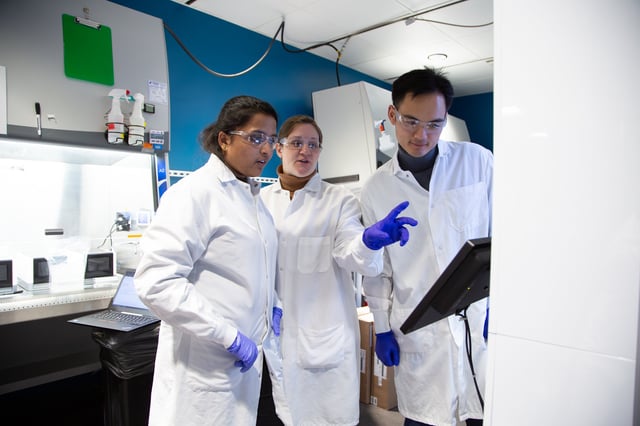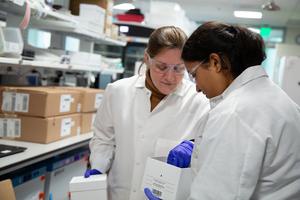Overview
- The study profiled 45 ACPA-positive at-risk individuals, 11 early RA patients, and 38 ACPA-negative controls using transcriptomics, proteomics, and flow cytometry, and was published in Science Translational Medicine by a team led from the Allen Institute with CU Anschutz, UC San Diego, and Benaroya Research Institute.
- During follow-up, 16 of 45 at-risk participants progressed to clinical rheumatoid arthritis, and paired samples revealed activation and expansion of helper T cells.
- At-risk individuals showed systemic inflammation with pro-inflammatory B-cell shifts, expansion of Tfh17-like helper cells, and circulating monocytes resembling joint macrophages producing inflammatory molecules.
- Naive T cells displayed epigenetic reprogramming, signaling broad immune alteration long before joint pain emerges.
- The authors found only limited transcriptomic differences between converters and non-converters and attributed this to heterogeneity and small cohort size, underscoring the need for larger validation studies.


